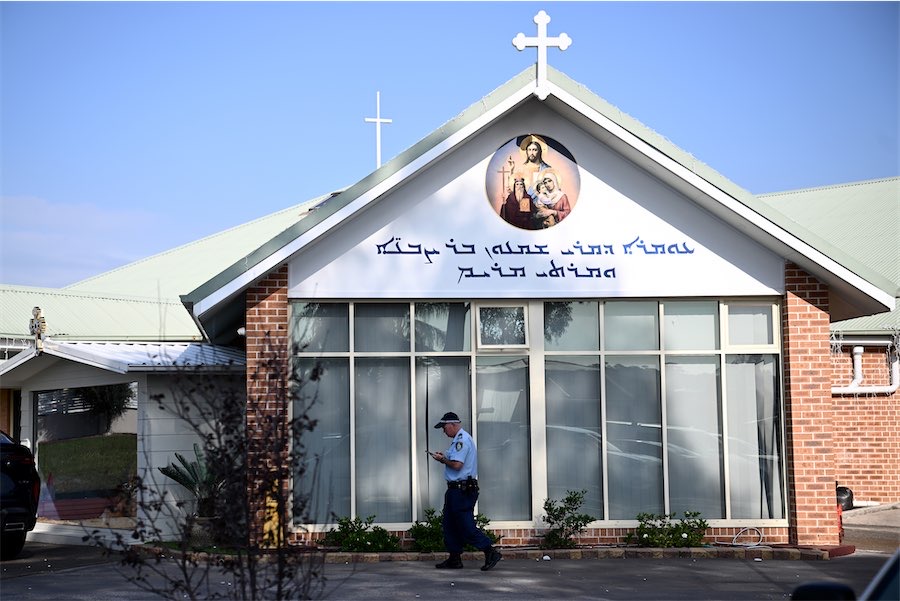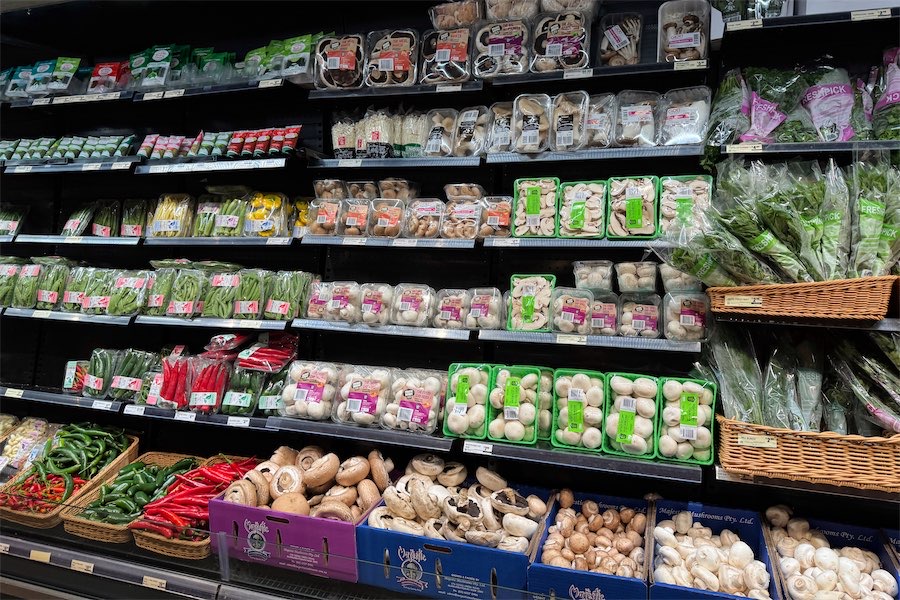
A CANBERRA group is disrupting profit-driven developments with a proposed housing project in Dickson aimed at being socially supportive, economically viable and environmentally sustainable.
Rather than the typical model, where a developer sells units for profit, Co-housing Canberra’s project is initiated, designed and managed by the tenants.
“The design will come out of the group,” says Allan Spira, founding Co-housing Canberra group member and principal of Allan Spira Architects.
Seeing a need for alternative housing, the advocacy and resource group has submitted a discussion paper to the ACT government’s “have your say” on Housing Choices, which is currently in Stage 2 – “The Collaboration Hub”.
Allan, who has been in the industry for about 40 years, says as a professional it would be irresponsible not to work from sustainable designing principles.
He started a Facebook group about 18-months ago, which has since merged with another group set up by a SEE-Change staffer, both seeking to start a conversation with others looking for alternative housing options.
Leadership trainer, Co-housing Canberra member and SEE-Change chairman Mark Spain says in an economy that’s famous for giving money back to developers, this innovative project is a way where citizens can live without being trapped.
When Mark and his wife started to have a family in their late 20s they were weighed down by the amazing financial burden of paying off a house.
“I have three kids and don’t think they’ll be able to afford their own in this economy,” he says. “It needs to be transformed.”
In the proposed community, which will “share power”, Mark’s role as a leadership trainer is to facilitate a conversation with potential residents and look at some of the key issues.
“We need a process where people listen to each other respectfully,” he says.
“We’re trying to move away from the trend of fear and fear of ‘the other’ because a society like that becomes more costly.”
The proposed development will have about 22 to 25 units with about 40 to 50 people, which will make up a range of ages and renters and buyers.
“Most co-housing developments have a range of different types of housing,” Allan says.
“We want multi-generational and houses of different sizes.”
It’ll typically have some shared facilities such as laundries, gardens, grouped car parking, a common room and a shared workshop or art space.
“The other aspect we’re looking to accommodate is affordable housing,” he says.
“Twenty per cent of the housing will be available to people from the lowest two income brackets.”
But, Mark says any tenants need to be comfortable fitting into the culture of everybody else.
That’s not to say that tenants need to be social, Allan says that’s up to them, but they do need to be open-minded and share ideas respectfully.
“You’ve got your own townhouse but you can also access the common facilities such as a workshop,” he says.
“There are very few townhouses developed to offer a socially supportive environment.
“People can enjoy living in a communal lifestyle where we can maintain a more neighbourhood feel.
“It’s been shown that people in a co-housing environment support each other and reduce government costs.”
yoursay.act.gov.au/housing-choices
Who can be trusted?
In a world of spin and confusion, there’s never been a more important time to support independent journalism in Canberra.
If you trust our work online and want to enforce the power of independent voices, I invite you to make a small contribution.
Every dollar of support is invested back into our journalism to help keep citynews.com.au strong and free.
Thank you,
Ian Meikle, editor





Leave a Reply